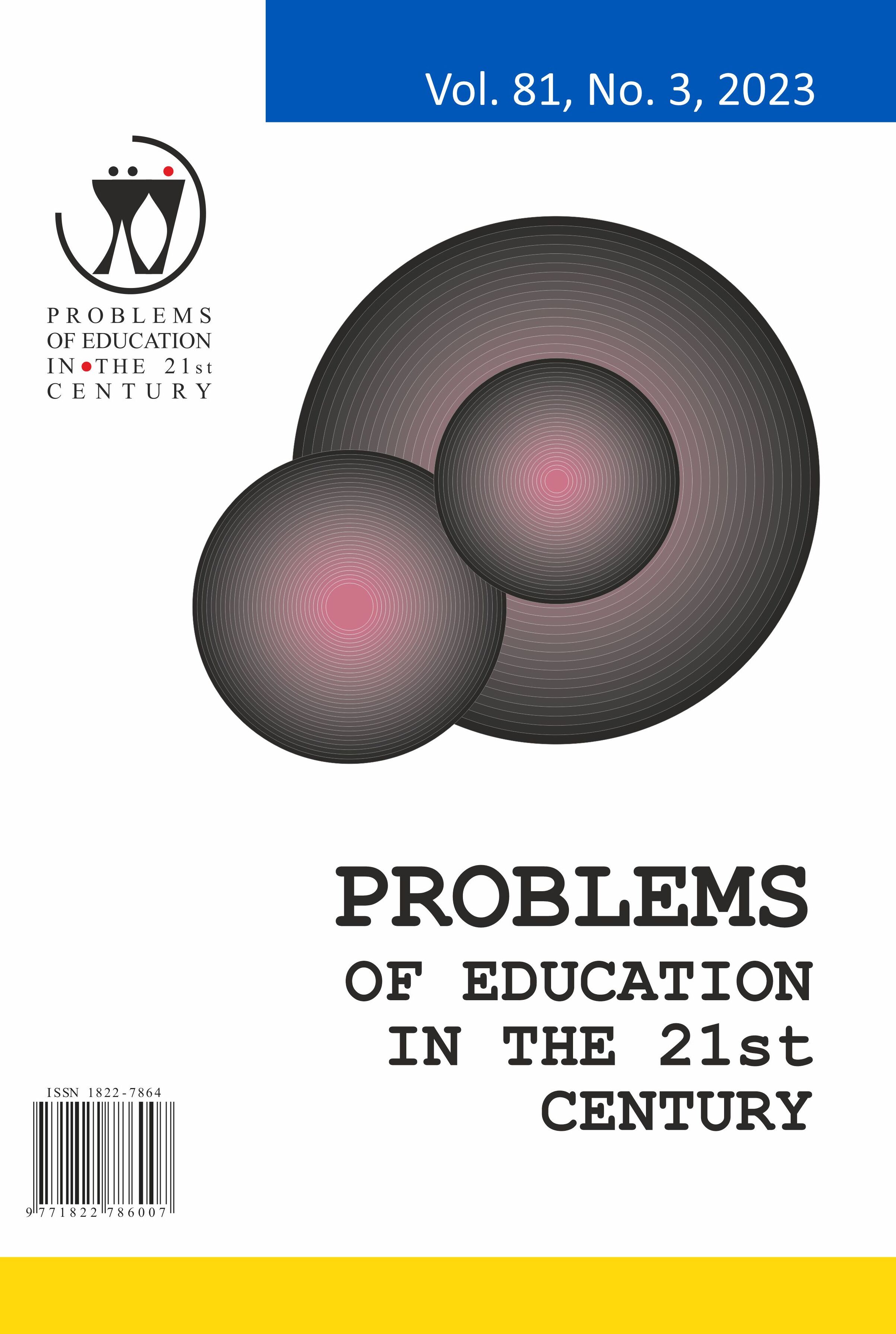HUMOR DEVELOPMENT IN PRESCHOOL AND PRIMARY SCHOOL CHILDREN IN TURKIYE
HUMOR DEVELOPMENT IN PRESCHOOL AND PRIMARY SCHOOL CHILDREN IN TURKIYE
Author(s): Seda Eskidemir Meral, Hale KoçerSubject(s): Education, Preschool education, Pedagogy
Published by: Scientia Socialis, UAB
Keywords: humor development; child development; preschool education; incongruity theory; humor theories;
Summary/Abstract: Knowing humor development can be rather beneficial in terms of providing opportunities to better know children and evaluate their development. This study aimed to explore the process of humor development in preschool and primary school children in line with McGhee's humor development theory. The study employed a single screening model, specifically one of the commonly used screening models in general practice. The study group consisted of 101 children ranging in age from 2 to 11. Research data were collected through a 5.01-minute-long video which included scenes suitable for the stages in McGhee's humor development theory, semi-structured observation forms and a research diary. Descriptive analyses and content analyses were used to analyze research data. Children aged 2 produced the lowest amount of laughter response in the scenes in all stages, followed by those aged 3 and 4. The strongest laughter response occurred in 5-year-old children to the scenes pertaining to stages 2, 3, and 4. The scenes in stage 5 elicited the strongest laughter response in children aged 11. The humor development characteristics of the children in this study were found to be consistent with the general principles of McGhee's theory of humor development. Adopting research techniques that measure children's reactions to real-life situations could be useful in future research on the same topic. Research on children's production of humor may provide different insights into the development of humor. It is suggested that adults, such as parents and teachers, use examples of humor that are appropriate for the characteristics identified in this study and similar studies in order to build positive relationships with children.
Journal: Problems of Education in the 21st Century
- Issue Year: 81/2023
- Issue No: 3
- Page Range: 374-387
- Page Count: 14
- Language: English

